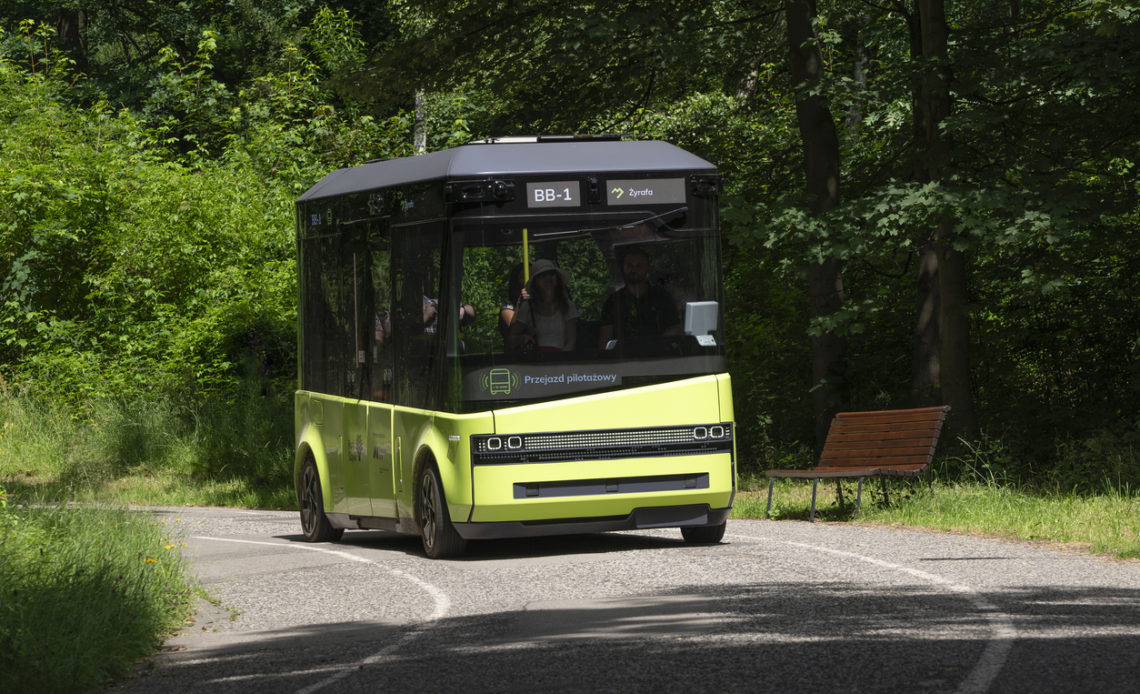
Vertical: Transportation
Application: Self-driving vehicles, video surveillance, enhanced communications
Ecosystem: T-Mobile
Private Network: 5G
Jacksonville’s waterfront is taking a bold step into the future with a new autonomous shuttle service, powered by T-Mobile’s private 5G network. The collaboration between T-Mobile US and Miller Electric Company will bring a fleet of self-driving shuttles to transport visitors along a three-mile route connecting EverBank Stadium to the city’s vibrant waterfront hub.
The project marks a significant advancement in urban mobility, leveraging T-Mobile’s Advanced Network Solutions (ANS) to create a secure, high-performance private 5G network. This dedicated network will enable real-time communication between the autonomous vehicles and their command center, ensuring safe operation alongside regular traffic.
“5G connectivity provides the highest bandwidth and lowest latency communication between the AVs and the control center,” explains Craig Bowman, Director of Technology at Miller Electric. The system will support real-time video surveillance and enable two-way audio and video communications between passengers and employees, creating a seamless and secure travel experience.
While other connectivity solutions like Wi-Fi have shown limitations in range and reliability, T-Mobile’s private 5G network offers the robust infrastructure needed for autonomous fleet operations. The network will handle critical functions including real-time telemetry data from onboard sensors, making split-second adjustments possible as the shuttles navigate city streets.
Mishka Dehghan, SVP of Strategy, Product, and Solutions Engineering at T-Mobile Business Group, emphasizes how this technology brings science fiction into reality. “Because T-Mobile 5G offers the flexibility to build dynamic solutions like a 5G private network, our customers can actually build the future they envision, not just imagine it.”
The integration of this advanced network infrastructure alongside existing power and fiber solutions means no additional construction will be required. This efficient deployment strategy ensures the system can scale seamlessly as Jacksonville’s autonomous transportation network grows.
Set to launch in mid-2025, these autonomous shuttles represent the first phase of Jacksonville’s Ultimate Urban Circulator program. The initial route will serve as a foundation for future expansion, with plans to extend the service to connect adjacent neighborhoods in subsequent phases.
This initiative reflects a broader trend in urban transportation, where cities are increasingly turning to autonomous solutions to enhance mobility and reduce congestion. While consumer autonomous vehicles may still be years away from widespread adoption, projects like Jacksonville’s shuttle service demonstrate how this technology can be successfully implemented in controlled, public transportation settings.


